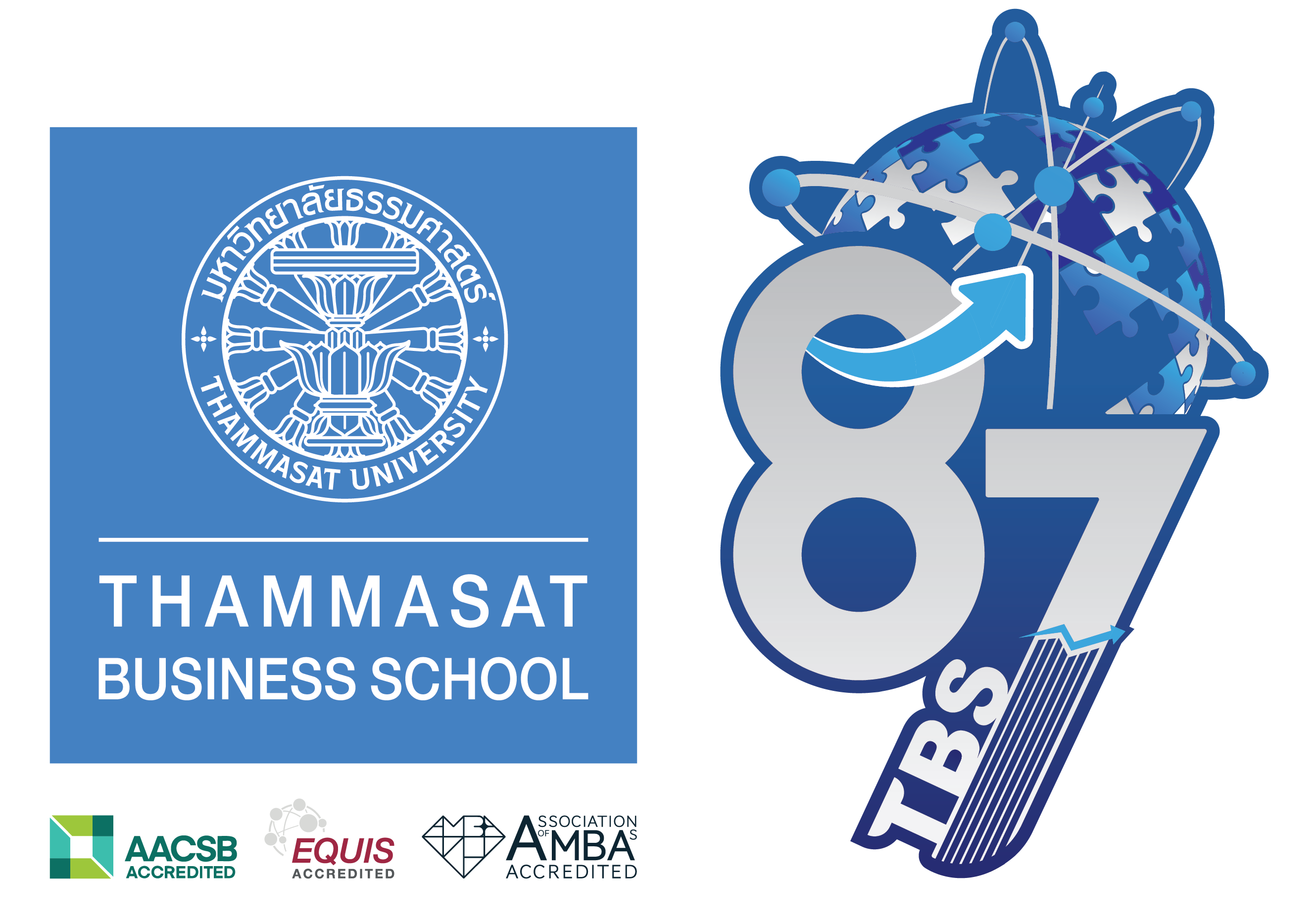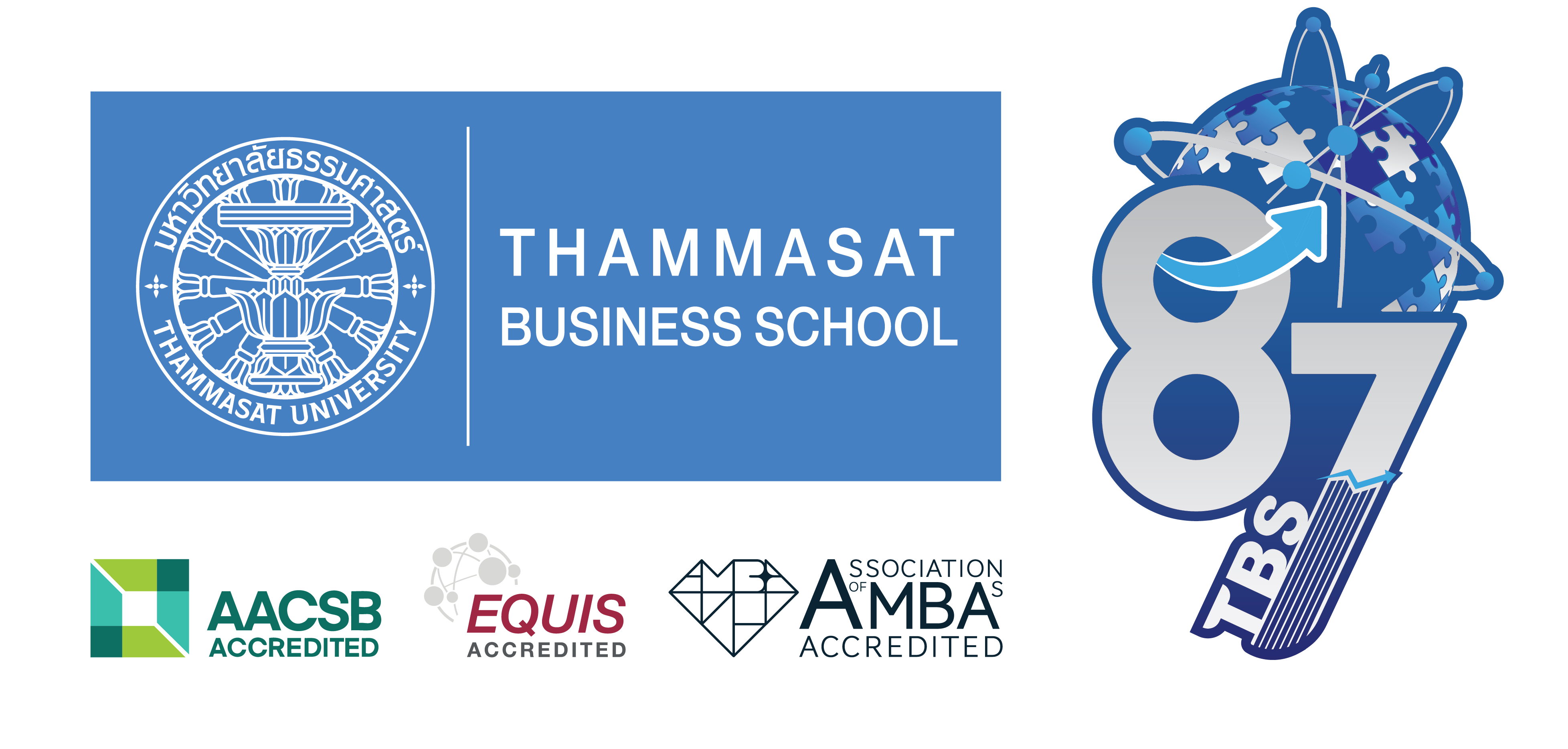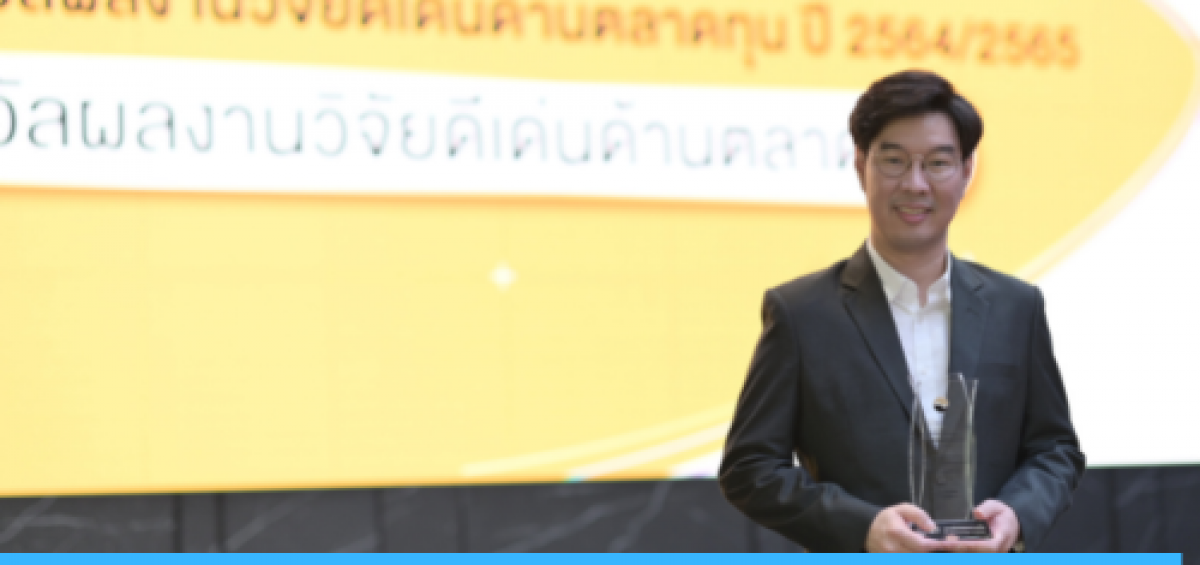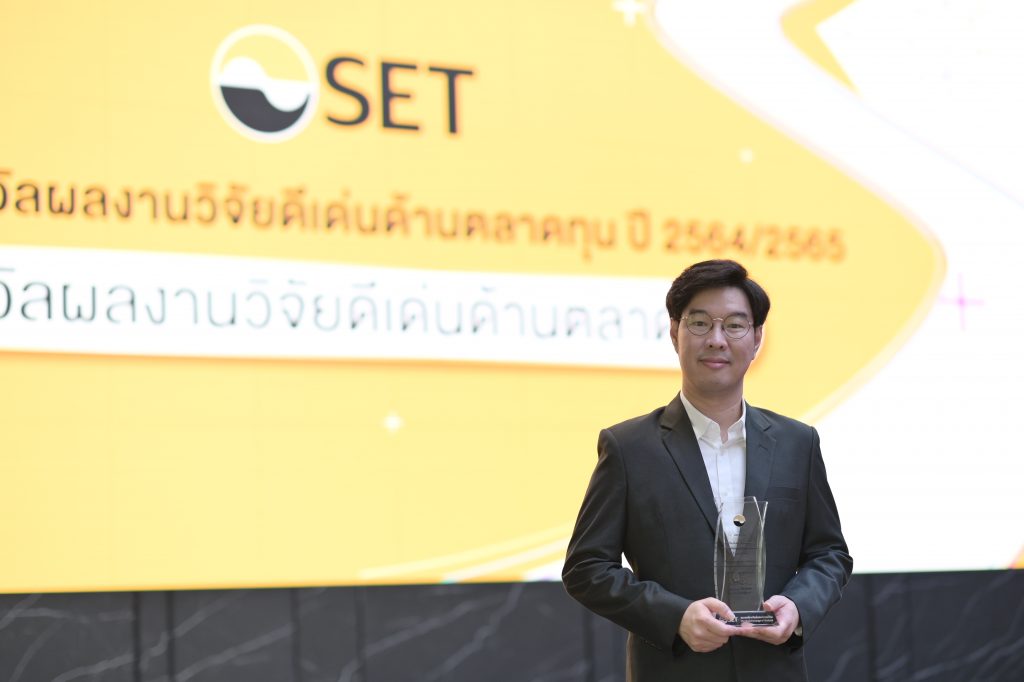
However, on July 12, 2022, a study entitled “Hidden Ownerships and Corporate Governance” was presented by Nattawut Wangwan, Ph.D. student, Faculty of Commerce and Accountancy, Thammasat University, which offers a way to measure actual share proportions and, thus, revolutionize capital market knowledge. In addition, it received the Outstanding Research Award for work furthering the development of Thai capital markets in 2021/2022 from the SET.
“There have been quite a lot of studies on shareholder structure and corporate governance in the past, but the results may not be very accurate at all. Consider holding shares through a representative. Past research on the issue is rife with often contradicting theories and beliefs. We might call these complex shareholding relationships a ‘puzzle.’ One of the reasons that they are often disregarded or excluded from the investigation is because of scant data and the difficulty of mapping the relationship,“ Nattawut said.
This research proposes a technique for measuring hidden shares called “Combinatorial Optimization”, as well as studying the impact on corporate governance. Nuttawut explained that the method he used was a grouping, selecting the most suitable structure from shareholder data, often numbering thousands to tens of thousands of people, along with voting data of the shareholders. He had to repeat these two processes more than ten thousand times to see the names in all their forms and separates them to reveal whether the nominee or shareholder represents the majority shareholder.
Nuttawut went on to say that the methodology depends on academic knowledge to review results from previous studies, hopefully dismantling old views which might not be correct. It also helps us understand more clearly the connection between shareholders and corporate governance of a company as well as set standards for further studies in the future.
Moreover, the benefit for companies and entrepreneurs is that it will help in making policies to enhance disclosure. It can also be used to track transactions or related trades more efficiently.
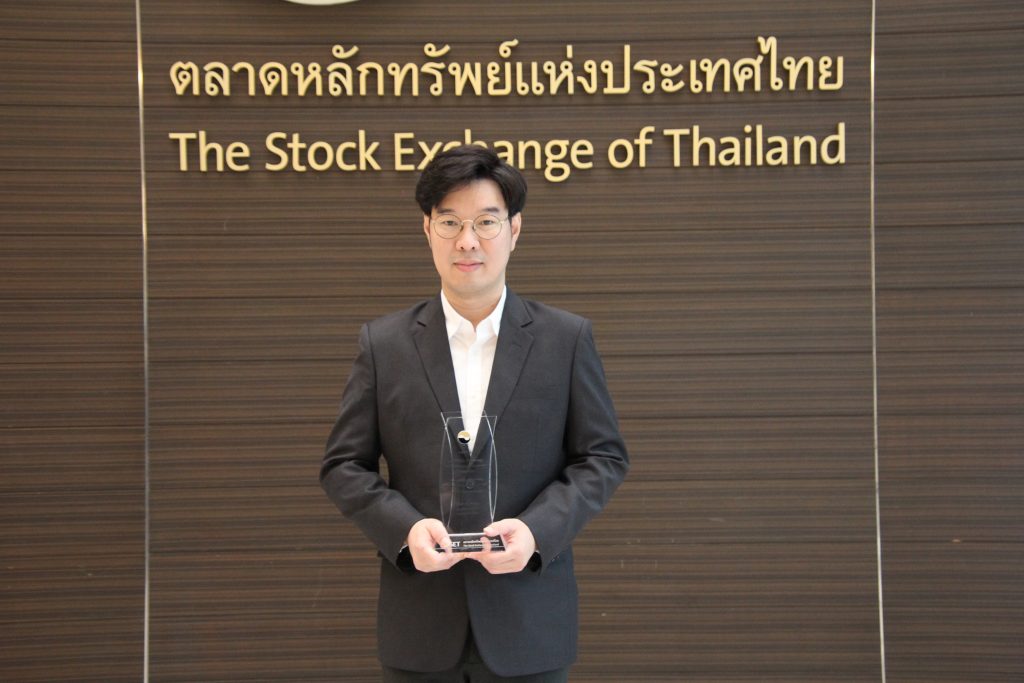
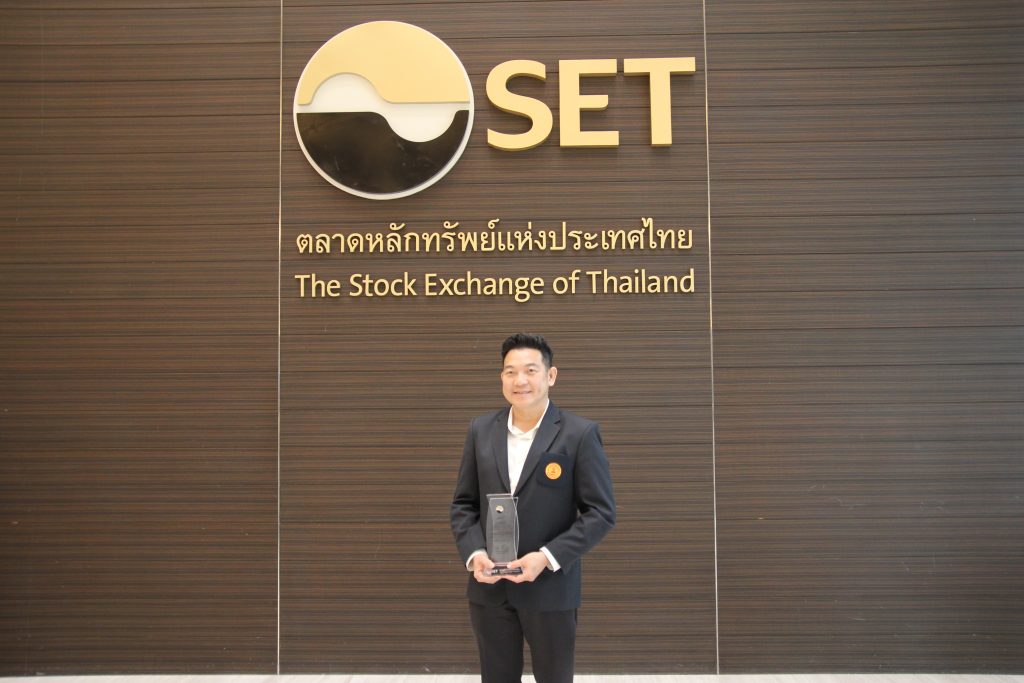
Prof. Dr. Arnat Leemakdej, a TBS-based research advisor added that the issue of transferring shares to open an offshore trading company, which causes ‘Hidden Ownership’, has been around for quite some time. It was created, not as an act of bad intent to hide anything, but rather to facilitate transactions, for which Thai law has opened a niche. Let us not say whether it is good or bad, but call it a common business custom.
However, the lack of disclosure of nominees certainly confuses the corporate picture. For example, if a company is poorly managed, with the major shareholder holding 30% of the shares, and then people in the company want to take over, they try to put together more than 30%, but it turns out that when they vote, the big shareholder has a hidden stake in another offshore trading company, which causes the vote to fail, squandering the interests of the minority shareholders. Therefore, figuring out how to figure out the real shareholdings is extremely important!
“The cool thing about the research is that we set up a practical problem and we’re offering a relatively new way of thinking; no one has done it before. People will argue because this is a pretty risky subject. Imagine if I had hidden my shares, but I had a professor and a research student tell me that they knew all about it. If you don’t have strong enough evidence to nail them, then it can become a big deal.
“There has never been any research, in Thailand or abroad, that has been able to reveal where major shareholders are hiding their shares. This research is therefore the first study in the world to find a way to measure Hidden Ownerships,” added Prof. Dr. Arnat.
Date: 6 กันยายน 2565
